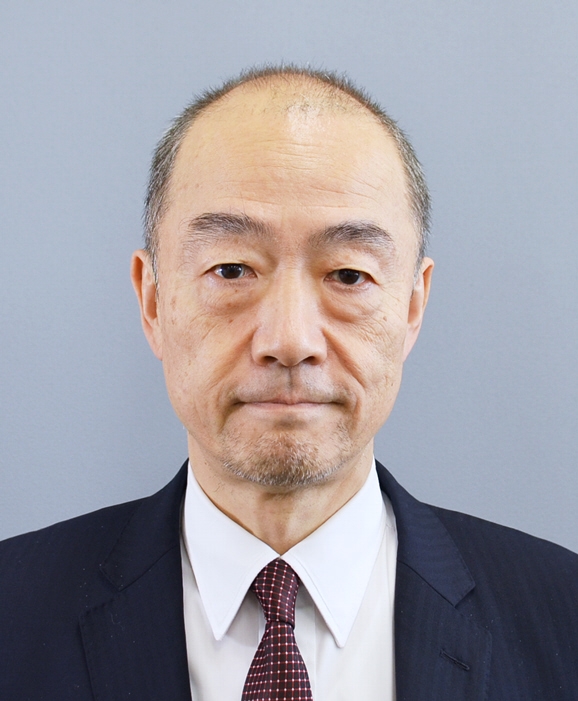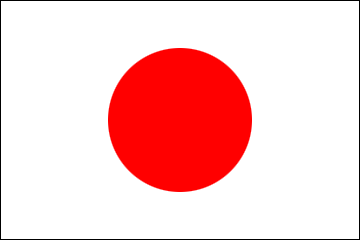Greeting from the New Ambassador: “The globalised world and the OECD at a crossroads”

It is my great honour to assume my duties as Ambassador of Japan to the OECD.
When I joined the Ministry of Foreign Affairs in 1983, almost 40 years ago, my first assignment as a first-year diplomat was to the section in charge of the OECD (the Second Division of International Organizations at the Economic Affairs Bureau). That period of time corresponded to the final stage of the Cold War, and I remember that the OECD was primarily tasked with advocating the advantages of a free market economy in investment and trade.
The end of the Cold War brought about a brief period of peace to the world, leading to a rapid globalisation of the international economy and society. Now we stand one fifth of the way into the 21st century. While enjoying the many benefits of globalisation, the international community is faced with its negative aspects, such as inequality and global environmental problems. It also seems that the international community is becoming more divisive, although this is not to say that we are back to the Cold War era. In other words, globalisation has reached a turning point in many ways.
Certainly, as in the past, we should continue to maintain and promote the liberalisation of economic and social activities, as represented by the market mechanism. However, at the same time, I believe that there is an increasing need to manage this appropriately for the wellbeing of people and furthermore of humanity as a whole. These two missions are seemingly at odds with each other. Consistently achieving them warrants the collective wisdom of the international community as well as strong political initiative and cooperation of countries to implement them.
The OECD is a group of 38 like-minded countries united under shared values and gathered to build and strengthen a free and fair economic order. Its Secretariat has more than 2,000 experts in various fields. Member countries and the Secretariat engage in practical activities in a wide range of fields, such as economics, fiscal, finance, trade and development, through mechanisms such as peer reviews, policy recommendations, and the formulation of international rules and standards. The OECD also promotes cooperation and collaboration with non-member countries, for instance, through its work with key partner countries.
Japan has been actively participating in OECD activities since joining the organization in 1964. In addition to being the second largest budget contributor only after the US, Japan leads discussions in a number of areas, such as digital economy, corporate governance, agriculture, and quality infrastructure investment. Furthermore, Japan plays a role in bringing an Asian perspective to the OECD, an organization whose membership comprises many European countries.
Japan will hold the G7 Presidency in 2023. The following year 2024 will mark the 60th anniversary of Japan’s accession to the OECD.
What can the OECD do for the international community?
What can the OECD do for Japan?
and
What can Japan do for the OECD?
Always bearing in mind these three questions, I will work to sincerely fulfil my responsibilities as Ambassador, with a view to strengthening cooperation between Japan and the OECD.
16 December 2022
SHIMMI Jun
Ambassador Extraordinary and Plenipotentiary
of Japan to the OECD

